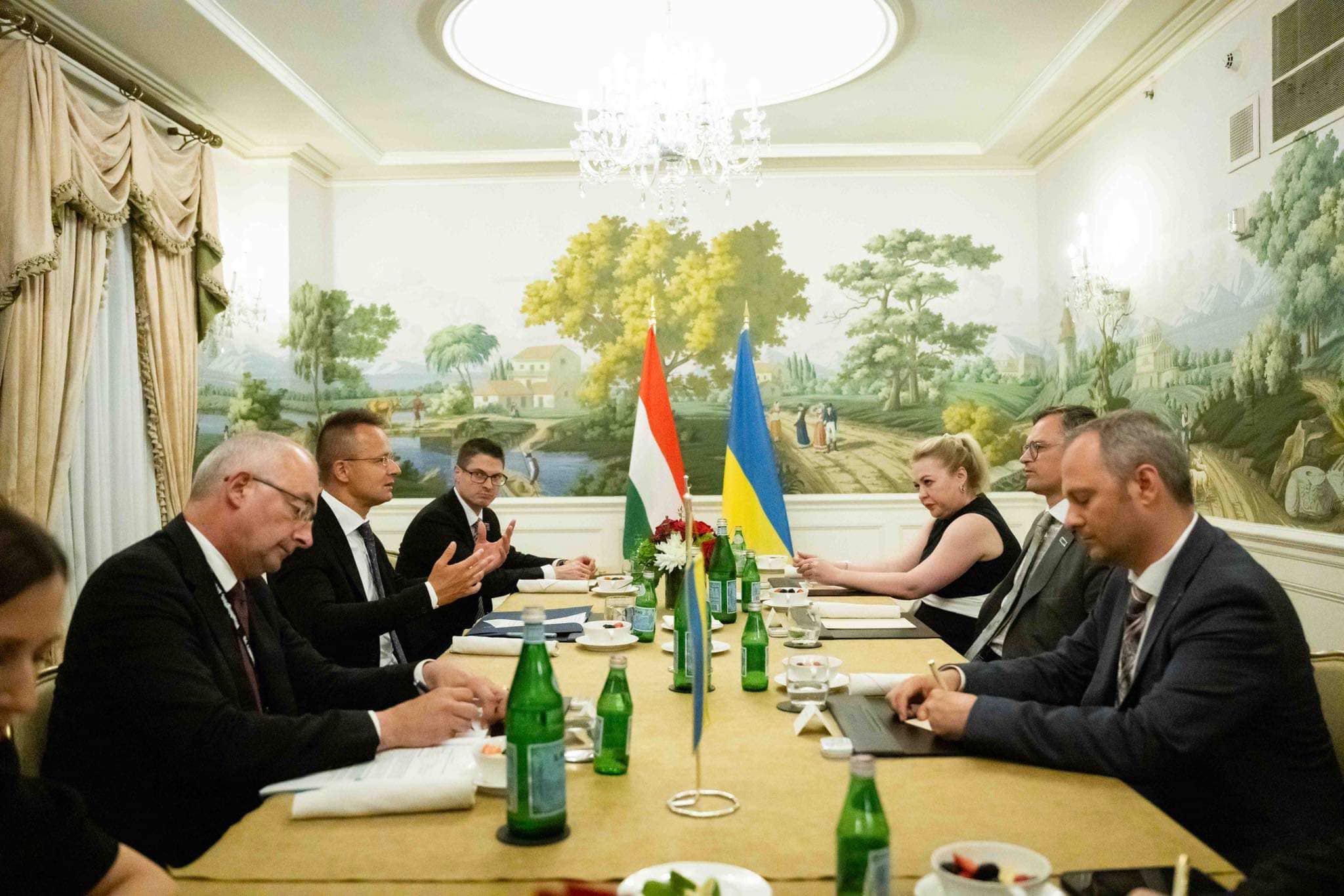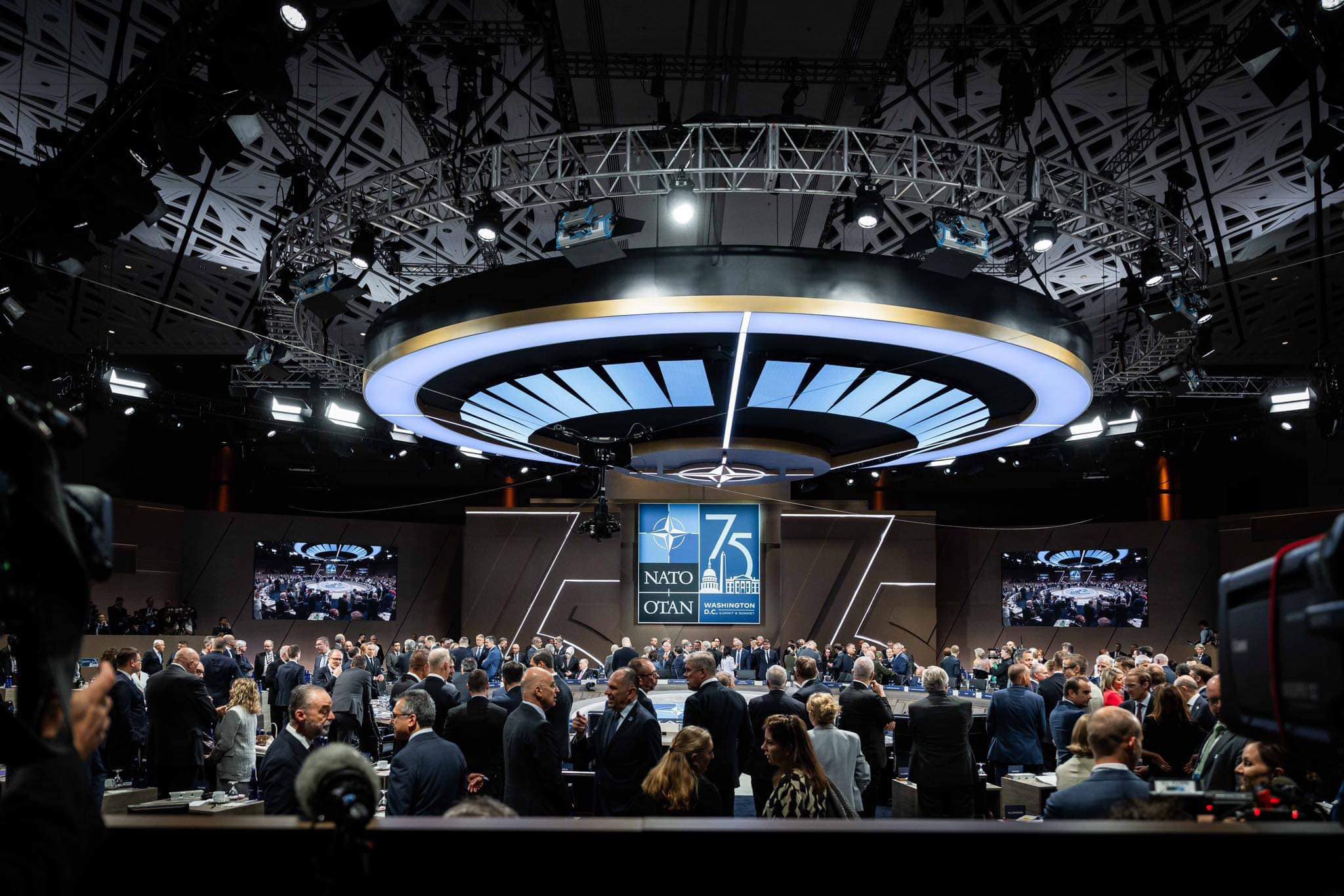
His Ukrainian counterpart will study the plan and will send back his proposals.Continue reading

Hungary supports NATO’s cooperation with the countries of the Indo-Pacific region, but only as long as it is not aimed at creating an anti-China bloc, Minister of Foreign Affairs and Trade Péter Szijjártó said in Washington on Thursday.
On the closing day of the NATO summit, the afternoon session was attended by several leaders from the Indo-Pacific region. The Foreign Minister welcomed the North Atlantic Alliance’s efforts to develop its external relations and to seek calm and mutually respectful cooperation with the rest of the world. “At the same time, we have to remind ourselves what the acronym NATO stands for, at least the first two letters of it, and what the founders intended when they established NATO. (…) NA stands for North Atlantic.
Thus, when NATO focuses on cooperation in the Indo-Pacific region, that is good, but only as long as it is not a conspiracy against somebody,”
he warned.
“We will not support anyone pushing NATO’s India-Pacific engagement in the direction of NATO becoming an anti-China bloc. That would be a huge tragedy,” the politician said. He stressed that the Hungarian government supports the Indo-Pacific partnership, especially as it includes friendly countries such as South Korea and Japan, whose companies play an important role in the development of Hungary’s economy and in promoting the automotive revolution.
On Thursday afternoon, at the meeting of the NATO-Ukraine Council, Mr Szijjártó mentioned the controversy surrounding the war in Ukraine and the accession of the Eastern European state to NATO. In his opinion,
Ukraine’s accession would not strengthen the defense character of the military organization either, as it would entail the risk of a fully open war conflict between NATO and Russia.
He added that while the allies are vehemently opposed to dialogue with Russia, Israel is being pressured by half the world to enter into negotiations with a terrorist organization to resolve the conflict in Gaza. “They want to get a state, Israel, to negotiate with a terrorist organization to resolve a security-type crisis. While, in the case of the war in Ukraine, there is a cutting of diplomatic relations, a closing of communication channels, and if someone says let us negotiate, they are immediately stigmatized,” he said.
The politician emphasized that doubts were only reinforced by recent data showing that US-Russian trade in May was up 50 percent from a month earlier. “There are extremely serious contradictions: Israel negotiating with Hamas but no negotiations on the Russian-Ukrainian conflict, and meanwhile there is an increase in US-Russian trade, thus sometimes one wonders if there is something going on in the background that we do not know about,” he noted.
Via MTI, Featured image: Facebook/Szijjártó Péter